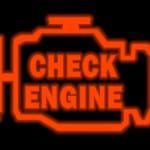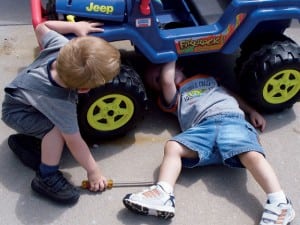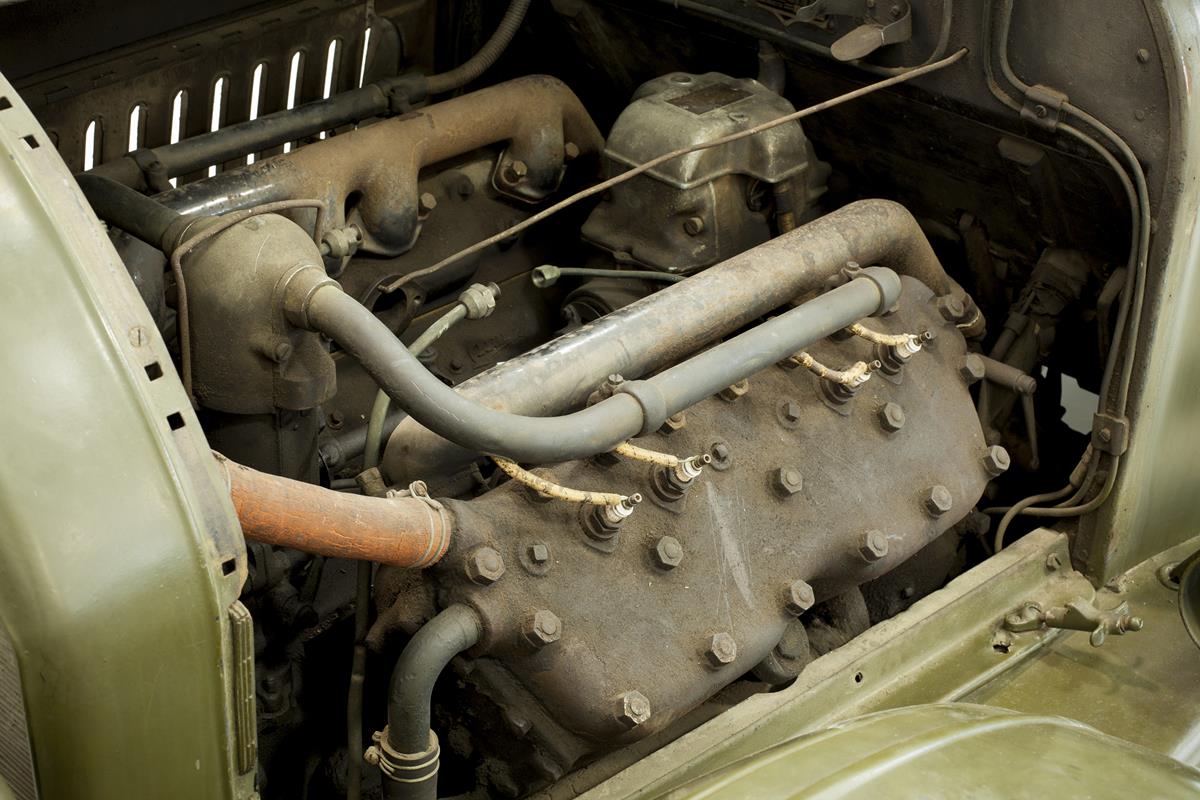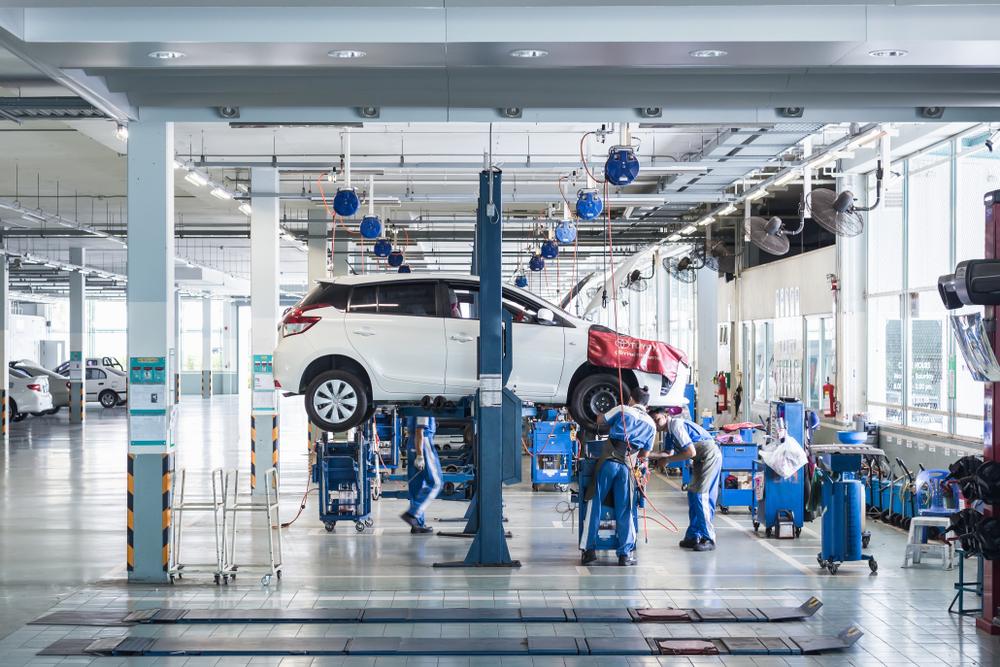It’s no secret that cars have a limited lifespan. How limited that lifespan is will depend on many factors such as how the car got looked after by its owners. If a car gets serviced and maintained as per the manufacturer’s schedules, it could last as long as twenty or even thirty years!
These days it’s seldom commonplace to see cars last that long. Motorists prefer to upgrade to newer cars every so often. Rather than keeping and maintaining their vehicles for several years or even decades.
So, what if you are one of the few people out there that like to hang onto their cars for many years? Many of you will doubtless service and maintain their cars when they are supposed to. But sometimes car engines can develop serious problems despite that fact.
If that sounds like your car, you might be wondering if the death knell is sounding for your car. Today’s handy guide will help you to diagnose any significant engine problems and offer advice on what to do next.
The oil pressure warning light illuminated on your dashboard
As a responsible car owner, you will doubtless ensure that your engine oil gets topped up to the correct level. Each car uses a different amount of oil, so it is important that, as a car owner, you know how much oil your car needs and uses.
 It can be a heart-wrenching feeling when you’re driving along, and your oil pressure warning light comes on! When that happens, you have no choice, but to pull over immediately. Of course, you should only do this when it is safe to do so.
It can be a heart-wrenching feeling when you’re driving along, and your oil pressure warning light comes on! When that happens, you have no choice, but to pull over immediately. Of course, you should only do this when it is safe to do so.
At this point, you will doubtless have a mixture of thoughts and emotions running through your mind. Once you pull over and turn the engine off, open up the hood of your car. Do a quick visual check to see if you can spot any obvious reason that oil pressure light illuminated.
In case you are wondering, prominent examples include massive oil leaks from your motor. Sometimes you might even see a hole in your engine block and oil oozing out of it! The former could be down to a worn sump gasket. Whereas the latter spells catastrophic engine failure, I’m afraid.
If you drive an old car, you might have no choice but to head down to Sandles and buy a new replacement car. The labor and replacement engine costs can sometimes be more than the cost of getting another car with a working engine.
Should the death knell sound for your car because of something catastrophic, you can always sell your car for scrap. That way, you can use the money towards the cost of your new car.
You hear some weird noises from your motor
Let’s say that you are driving along in what you assume to be a healthy and happy car. Out of nowhere, your engine starts making some weird noises that you’ve never heard of before.
Could this mean your car is about to die on you? It might surprise you to learn that, in some cases, that’s not true. I will try to describe the sounds of different noises you might encounter and what they mean.
Squealing. It’s a noise you can usually associate with a loose drive belt. The noise is most noticeable when you start your car up from cold first thing in the morning. Or when the engine is cold and wasn’t driven for a few hours.
Open up the hood on your car and check the tension of your drive belts. You are likely to find one belt isn’t tensioned correctly. If you are a keen DIY mechanic, you can adjust the tension of the drive belt yourself. Otherwise, get your friendly local auto shop to do the work for you.
Metal on metal. Is the noise you are hearing sound like metal scraping against metal? If so, this can sometimes indicate you have worn “big end bearings.” These bearings are located towards the bottom of your motor where the crankshaft is.
The cause of big end bearing failure is usually down to poor lubrication. Even if you change your car’s oil on a regular basis, it could be that your motor is leaking oil so much that it gets “starved” of oil. That can then cause two friction surfaces to touch, resulting in a metallic scraping noise.
 There are also other reasons why you might hear a “metal on metal” noise. There might be other engine components that got starved of oil. Or they could just be so worn that they aren’t doing their job well anymore.
There are also other reasons why you might hear a “metal on metal” noise. There might be other engine components that got starved of oil. Or they could just be so worn that they aren’t doing their job well anymore.
One classic example, other than big end bearing failure, are damaged valves. The valves in your motor’s cylinder head make contact with the pistons. Both sets of parts move up and down thousands of times per minute.
Sometimes valves can get damaged if your engine timing is out of alignment. A common cause of that problem is down to a damaged or snapped timing belt or chain.
Gas engine sounds like a diesel motor
Sometimes a once-quiet gas engine can have a clattering sound like most diesel motors. Such noises aren’t always terminal. The bad news is trying to determine the source of the problem!
If your car’s engine sounds loud until it warms up, the cause might be down to a damaged timing chain guide. Other causes can be down to blocked fuel injectors, worn valve guides or even a faulty PCV valve!
In these situations, the best thing to do is to have an experienced mechanic at your local auto shop determine the source of the problem for you. If you try to do so yourself, you could end up spending money on parts you might not need to replace.
In most cases the noises you hear are from the top of the engine, or the side where your timing chain is. Don’t put off getting any engine problems repaired as it could well lead to terminal engine failure in the future!







